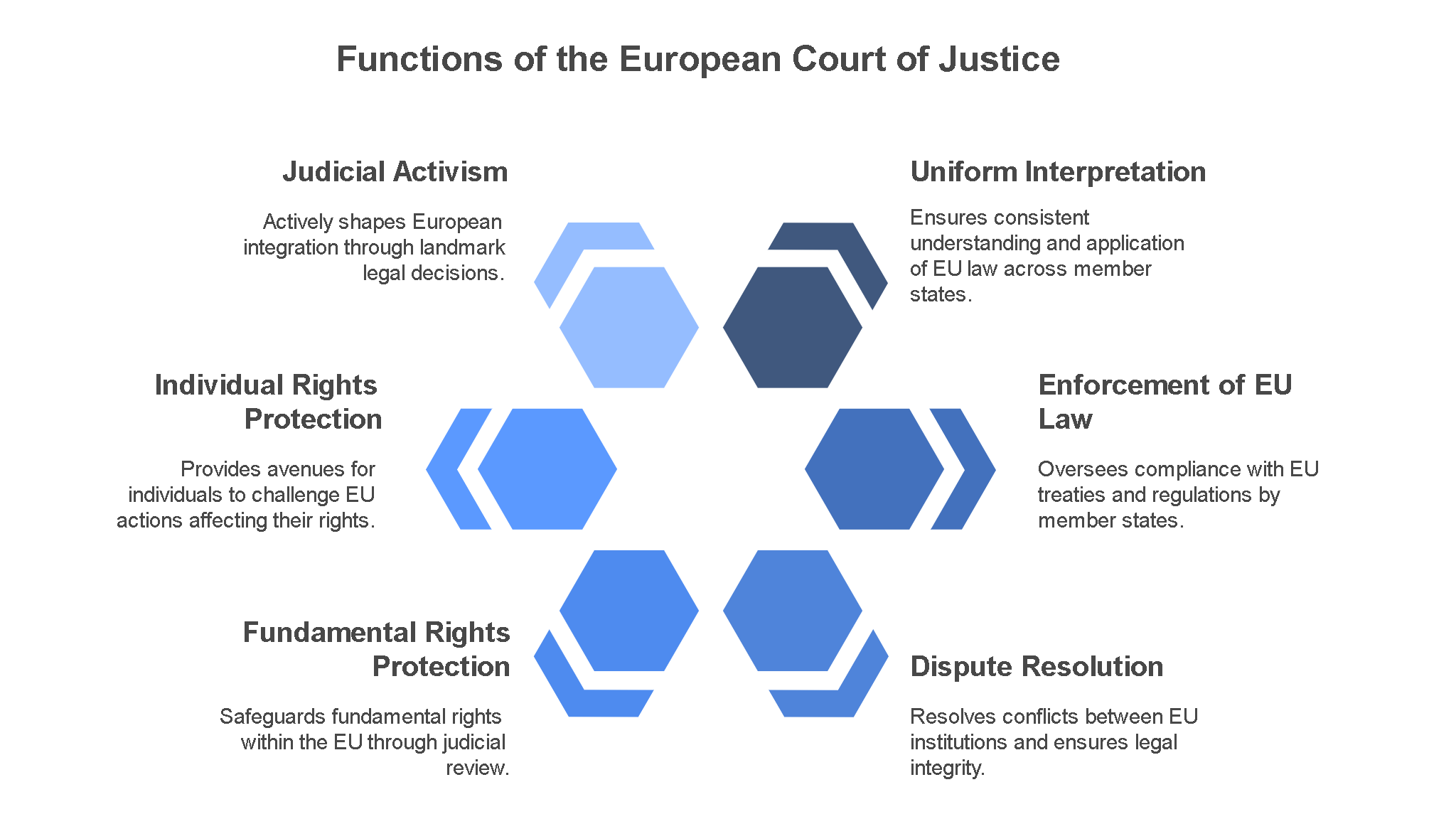Civil society refers to the realm of organized social life that exists outside the spheres of the state and the market, encompassing a wide range of voluntary associations, organizations, and networks formed by individuals and groups to pursue common interests, express their views, and advance social, cultural, and political goals. Civil society plays a crucial role in democratic governance, social cohesion, and community development, serving as a vital space for civic engagement, public deliberation, and collective action.
Key Characteristics of Civil Society:
1. Voluntary Participation:
At the heart of civil society is voluntary participation, as individuals and groups come together freely to form associations, organizations, and networks based on shared interests, values, and goals. Unlike state institutions, which often rely on coercion or authority to compel compliance, civil society organizations (CSOs) are based on the principles of voluntarism, autonomy, and self-governance.
2. Pluralism and Diversity:
Civil society is characterized by its pluralism and diversity, encompassing a wide range of organizations and groups representing diverse interests, perspectives, and identities. From advocacy groups and social movements to religious organizations and professional associations, civil society reflects the rich tapestry of human experience and aspirations. This diversity contributes to vibrant public discourse, social innovation, and democratic pluralism.
3. Public Sphere:
Civil society serves as a public sphere where individuals and groups can engage in open and inclusive dialogue, deliberation, and debate about matters of common concern. Through public forums, town hall meetings, media platforms, and other channels of communication, civil society facilitates the exchange of ideas, information, and perspectives, fostering informed citizenship and democratic accountability.
4. Advocacy and Activism:
Civil society organizations play a vital role in advocating for social justice, human rights, and political change. From grassroots activists and community organizers to international NGOs and advocacy networks, civil society actors mobilize public support, raise awareness about pressing issues, and pressure governments and other institutions to address social problems and inequities.
5. Service Provision:
In addition to advocacy and activism, civil society organizations often provide essential services and support to communities and individuals in need. From healthcare and education to social welfare and disaster relief, CSOs fill gaps in public service delivery and contribute to building resilient and inclusive societies. Civil society also plays a critical role in promoting social innovation and experimenting with new approaches to addressing social challenges.
6. Accountability and Transparency:
Civil society organizations are accountable to their members, beneficiaries, and the broader public for their actions, decisions, and use of resources. Transparency and accountability mechanisms, such as annual reports, audits, and democratic governance structures, help ensure that CSOs uphold ethical standards, maintain integrity, and remain responsive to the needs and interests of their stakeholders.
Importance of Civil Society:
1. Democratic Governance:
Civil society serves as a vital check on state power and a catalyst for democratic governance by fostering citizen participation, promoting transparency and accountability, and advocating for the protection of human rights and civil liberties. By providing alternative sources of power and influence, civil society contributes to the balance of power and pluralism in democratic societies.
2. Social Cohesion:
Civil society plays a crucial role in promoting social cohesion and solidarity by bringing people together across lines of difference, building trust and mutual respect, and fostering a sense of belonging and community. Through collaborative action and collective problem-solving, civil society helps bridge divides, reduce social tensions, and strengthen social bonds.
3. Social Innovation:
Civil society serves as a laboratory for social innovation and experimentation, where new ideas, approaches, and solutions to pressing social problems can be developed, tested, and scaled. By harnessing the creativity, expertise, and resources of diverse stakeholders, civil society contributes to addressing complex challenges such as poverty, inequality, and environmental degradation.
4. Advocacy and Change:
Civil society organizations play a critical role in advocating for policy change, institutional reform, and social transformation. By mobilizing public support, raising awareness, and exerting pressure on decision-makers, civil society actors can influence policy agendas, shape public discourse, and advance progressive social and political change.
Challenges Facing Civil Society:
Despite its important role, civil society faces a range of challenges that can hinder its effectiveness and impact. These challenges include:
1. Repression and Authoritarianism:
In many parts of the world, civil society organizations face repression, harassment, and persecution by authoritarian regimes that seek to silence dissent, restrict civic space, and undermine democratic freedoms. Civil society activists and organizations are often targeted through legal restrictions, censorship, surveillance, and violence, making it difficult for them to operate freely and effectively.
2. Funding and Sustainability:
Civil society organizations often struggle to secure adequate funding and resources to sustain their operations and activities. Reliance on external funding sources, such as government grants, international donors, and philanthropic foundations, can undermine organizational autonomy and sustainability, leading to financial instability and dependence.
3. Fragmentation and Polarization:
Civil society can be fragmented and polarized along ideological, political, and identity lines, limiting its ability to work together effectively and pursue common goals. Divisions and rivalries among civil society actors can undermine solidarity, collaboration, and collective action, weakening the overall impact of civil society in addressing social challenges.
4. Co-optation and Capture:
Civil society organizations may be co-opted or captured by powerful interests, such as governments, corporations, or political parties, compromising their independence, credibility, and effectiveness. Co-optation can occur through financial incentives, political patronage, or ideological alignment, leading to conflicts of interest and erosion of public trust in civil society.
In conclusion, civil society plays a crucial role in promoting democracy, social cohesion, and positive social change by fostering citizen participation, advocacy, and service provision. Despite facing numerous challenges, civil society continues to be a vibrant and essential force for advancing human rights, social justice.



Leave a Reply